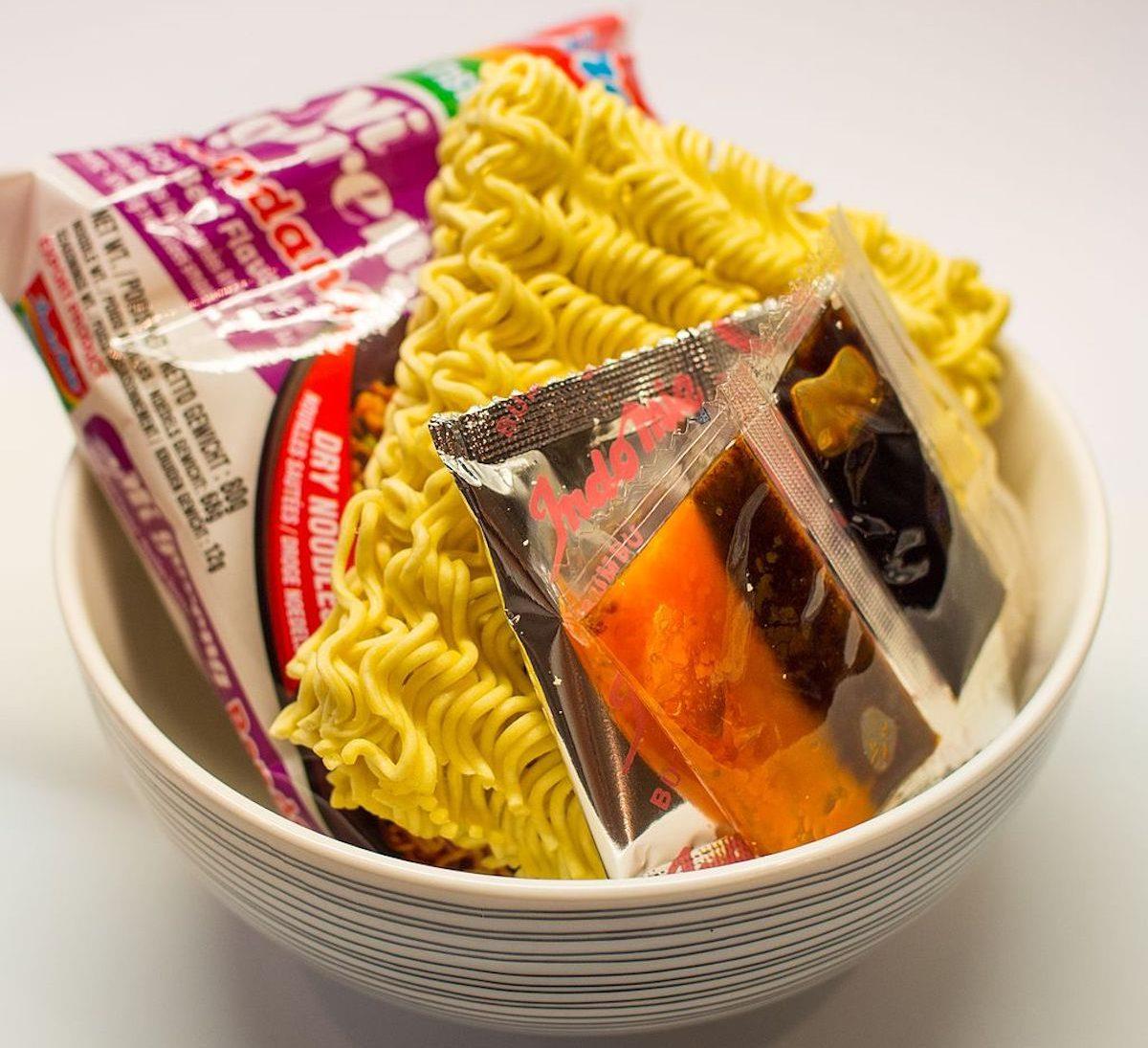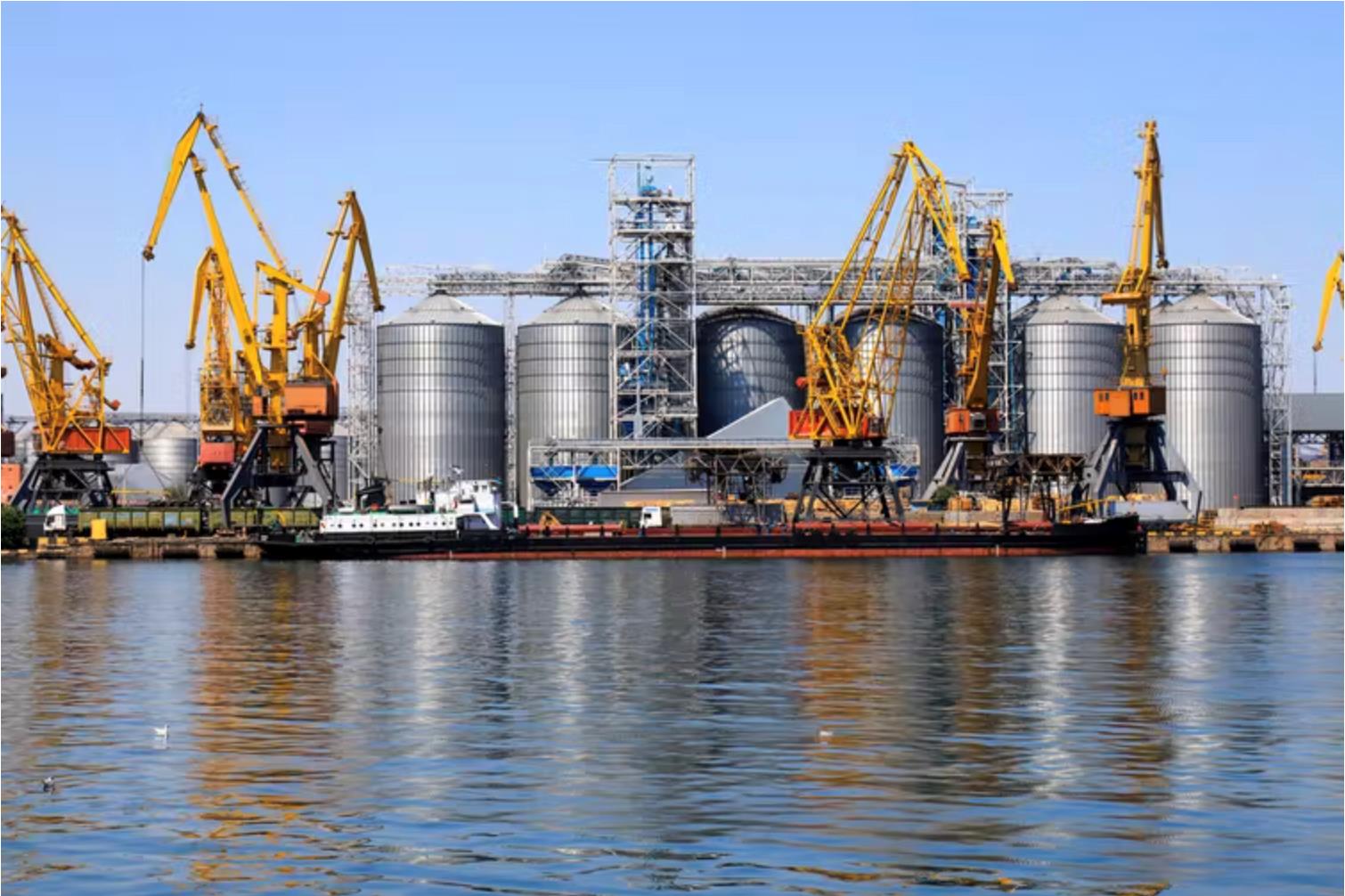(MENAFN- Asia Times)
JAKARTA – Despite the involvement of a domestic company in renewed grain shipments, Indonesia has not been – nor is likely to be – the early beneficiary of any wheat from Ukraine or Russia following the reopening of Black Sea ports under a United Nations-brokered deal last month.
Instead, Association of Flour Producers (Aptindo) chairman Franciscus Welirang says local mills have been filling supply gaps with grain from such diverse sources as Australia, Canada, the US, Brazil, Bulgaria, Argentina, India and even Lithuania.
“There's no shortage of supply,” Welirang told Asia Times.“If members want to buy wheat from Ukraine they are free to do so, but no one knows what the price will be and no one has made any offers.”
The last shipment of the grain from Ukraine was in January, a month before Moscow's invasion when Russian warships blockaded Odesa and other ports and Ukraine responded by sewing mines to deter naval attacks along its coastline.
At 11.2 million tonnes in 2020-2021, Indonesia is the world's fifth largest importer of wheat, much of it used to feed the booming instant noodle industry for which it has earned a worldwide reputation.
Last week, Agriculture Minister Syahrul Yasin Limpo warned of the possibility of the instant noodle price tripling to 10,000 rupiah a packet, a situation that would present a major political dilemma for President Joko Widodo's administration.
But there has been no evidence of that yet, largely because producers have managed to diversify their supply and also because wheat is surprisingly only 15% of the cost of a packet, with packaging accounting for much of the market price.
“I don't think the people need be afraid (about a price increase),” says Welirang, who is also a director of PT Indofood Sukses Makmur Tbk, maker of the iconic Indomie brand.“The international price of wheat is already high and I don't see it going any higher.”

The popular Indomie Mi Goreng Rendang instant noodles are a big seller across Indonesia. Photo: WikiCommons
According to the Bureau of Statistics (BPS), the volume of wheat imports from January to May this year reached 5.59 million tonnes, about 35% of it coming from Australia (1.57 million tonnes), followed by Argentina (1.4 million tonnes) and Canada (572,000 tonnes).
Australia has traditionally supplied Indonesia with 50-60% of its wheat needs, but a series of crop failures saw Ukraine take over that role in 2019-2020, grabbing up to 30% of the market share followed by Canada (22%), Argentina (18%), the US (13%) and Australia (11%).
Australia regained its place in 2021 with exports of 4.5 million tonnes – a massive increase over the 820,000 tonnes shipped in the previous two years following a return to bumper crops in Western Australia, New South Wales, Victoria and Queensland.
It was only on August 12 that the first wheat shipment from Ukraine left the port of Chornomorsk, headed for its final destination in Turkey, not one of the countries under threat of food shortages. The previous 13 ships carried grain for animal feed or fuel.
Four days earlier, the first shipment of 22,600 tonnes of wheat belonging to PT Comexindo, a joint venture between US-Swiss company Harvest Commodities and Indonesia's Asari Group, left the Russian port of Novorossiysk bound for Egypt.
A second bulk carrier is loading 17,000 tonnes of wheat from the same port, 800 kilometers across the Crimean peninsula from Odesa, this time headed for Angola. Two other grain ships left Odessa on August 7, some of two dozen vessels that have been stranded there since the invasion.
Owned by Hashim Djojohadikusumo, brother of Defence Minister Prabowo Subianto, Arsari Group has been active in international trading since the mid-1980s, particularly in Russia, Ukraine, Kazakhstan, Azerbaijan and Uzbekistan and the former Yugoslavia.
In 2006, Hashim's sale of a Soviet-era oilfield he and Canadian investors had bought nine years earlier in Kazakhstan helped restore his business empire, which had taken a battering from the 1997-98 financial crisis.
More than 20 million tonnes of Ukrainian wheat are awaiting export to world markets along a demarcated corridor stretching southward across the Black Sea to Turkey's Bosporus Strait that connects the European and Asian continents.

Odesa's grain silos were overflowing due to a Russian blockade. Photo: Twitter
“It is imperative upon us now to get those ships out, so that we can bring in ships to load cargoes that will be destined for ports that will contribute to reducing global food security,” said Fred Kenny, the UN representative at the Istanbul-based Joint Coordination Center which oversees the deal.
Some future shipments are intended for the UN World Food Program, but officials said the first ships were all loaded with corn or sunflower seed because shipping companies decide on the movement of their vessels based on commercial activities and procedures.
If Indonesia's wheat supplies appear to be assured for now, the Russian-Ukraine conflict has had a damaging impact on domestic gasoline and power prices, tripling Indonesia's energy subsidy bill to 502 trillion rupiah ($34.2 billion), or a quarter of state revenues.
Last March, state oil company Pertamina ignited controversy by revealing that it was considering buying cut-price crude from Russia as part of a government effort to keep inflation in check, underlining Jakarta's refusal to join Western sanctions.
Two months later, Pertamina said it had canceled the plan, but government sources now say a quiet visit by chief maritime affairs minister Luhut Panjaitan to Moscow in early August was a follow-up to a verbal undertaking President Vladimir Putin gave at a meeting with Widodo on June 30.
The sources confirmed that Panjaitan had been assigned the“special task” of finding a solution to the mounting subsidy bill when he met with Deputy Prime Minister Dmitry Grigorenko, a finance expert the US placed under Ukraine-related sanctions last May.
The volume and price, described by one insider as“very good,” will be settled at a planned visit to Moscow by Pertamina chief executive Nicke Widyawati, a senior businesswoman who has held the post since restructuring efforts in 2018.
The Group of Seven recently called on Indonesia to join a wider effort to impose a price cap on Russian oil aimed at preventing Moscow from profiting from the war against Ukraine, which the newly-returned Panjaitan glumly noted showed no sign of ending.
MENAFN16082022000159011032ID1104703708
Legal Disclaimer:
MENAFN provides the information “as is” without warranty of any kind. We do not accept any responsibility or liability for the accuracy, content, images, videos, licenses, completeness, legality, or reliability of the information contained in this article. If you have any complaints or copyright issues related to this article, kindly contact the provider above.